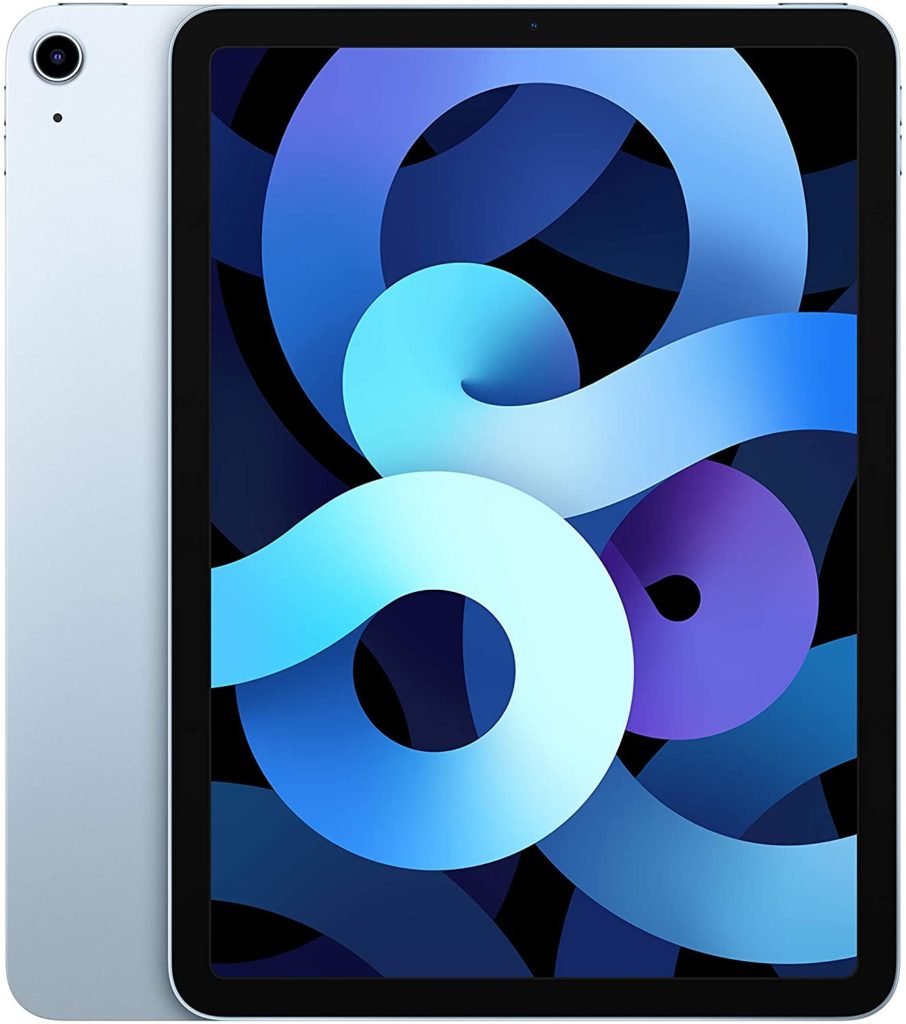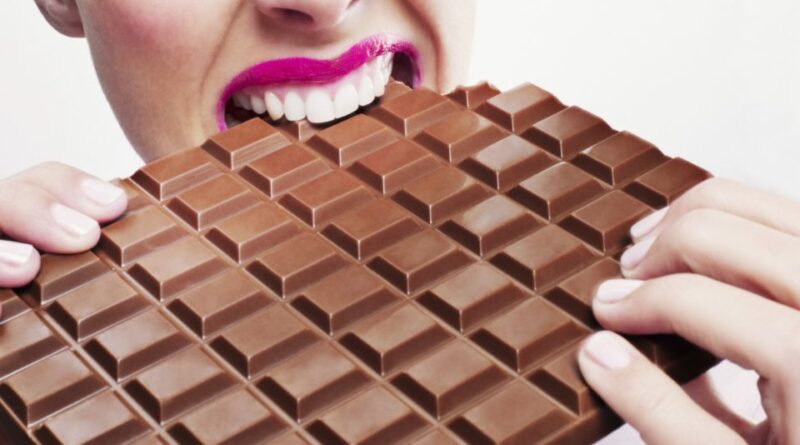How Sugar Affects the Brain
[Please note that this page contains affiliate links. If you choose to purchase after clicking a link, I may receive a commission at no extra cost to you.]
Sugar is a class of molecules called carbohydrates and is found in a wide variety of food and drink. Just do a simple label check on specific products you buy. Glucose, fructose, sucrose, maltose, lactose, dextrose, and starch are all forms of sugar.
Sugar is not just limited to sweets. It can also be found in tomato sauce, yogurt, dried fruit, flavoured waters, and granola bars, amongst many other foods. Sugar is everywhere and in everything.
That is why it is essential to understand how it affects the brain. For example, you take a bite of cereal, and the sugars it contains activate the sweet taste receptors, which are part of the tastebuds on the tongue.
How Sugar Affects the Brain
These receptors send a signal up to the brain stem, and from there, it works its way through to many parts of the forebrain, one of which is the cerebral cortex.
Different sections of the cerebral cortex process different tastes: bitter, salty, umami, and sweet. From here, the signal activates the brain’s reward system.
This reward system sends a series of electric and chemical pathways across several different brain regions.
It is a complicated network. But it helps answer a subconscious question: should I do that again?
How Sugar Makes You Feel
When you taste that chocolate cake, that great feeling is your brain’s reward system saying yes! And it is not just activated by food. Socializing, sex, and drugs all hijack your reward system.
But over, activating the reward system kicks off a series of unfortunate events: cravings, loss of control, and increased tolerance to sugar.
The sugar travels down into your stomach and eventually into your gut, where sugar receptors are.
They aren’t classified as tastebuds, but they send signals telling your brain that you are full and that your body should produce more insulin to combat the sugary intake.
The primary currency of our reward system is dopamine, an important neurotransmitter, there are many dopamine receptors in the forebrain, but they are not evenly distributed. Instead, certain areas contain dense clusters, and these dopamine hotspots are part of our reward system.
How Sugar Affects the Brain and Drugs
Drugs like alcohol, nicotine, or heroin send signals that send dopamine into overdrive, leading people to constantly seek that high, in other words, to be addicted.
Sugar also causes dopamine to be released, although not as violently as drugs. And sugar is rare among dopamine-inducing foods. Broccoli, for example, has no effect, which probably explains why it is so hard to get kids to eat their vegetables.
Speaking of healthy foods, let’s say you decided to eat a balanced meal, you do, and dopamine levels spike in the reward system hot spots. But if you eat that same thing many days in a row, dopamine levels will spike less and less, eventually levelling out.
The brain evolved to pay unique essentials to be new or unusual tastes for food. This is because to detect food that has gone bad, the more variety we get in our diet, the more likely we can get all of the nutrients we need for survival.
To keep that variety up, we need to recognize new foods, or more importantly, we want to keep eating fresh foods. And that is why the dopamine levels off when food becomes boring.
If you rarely eat sugar, the effects are about the same as a healthy balanced meal. Although, if you overeat, the dopamine response does not level out. In other words, the continued eating of sugar will feel rewarding.
In this way, sugar behaves like a drug, so people seem to get hooked on sugary foods.


